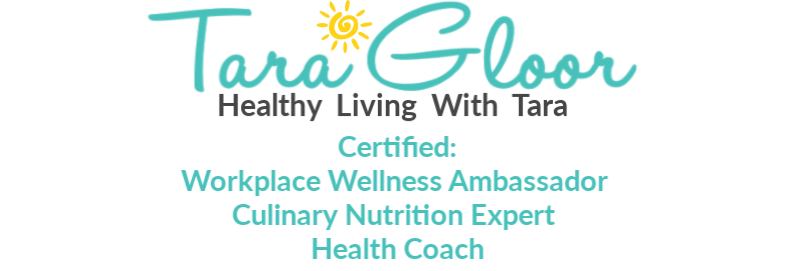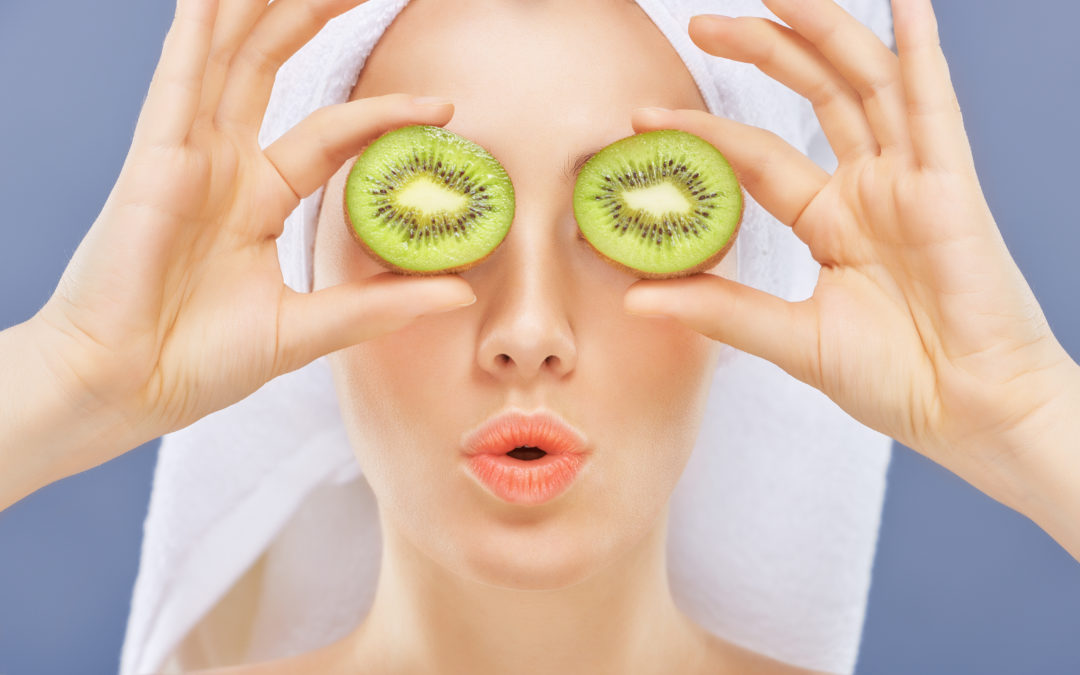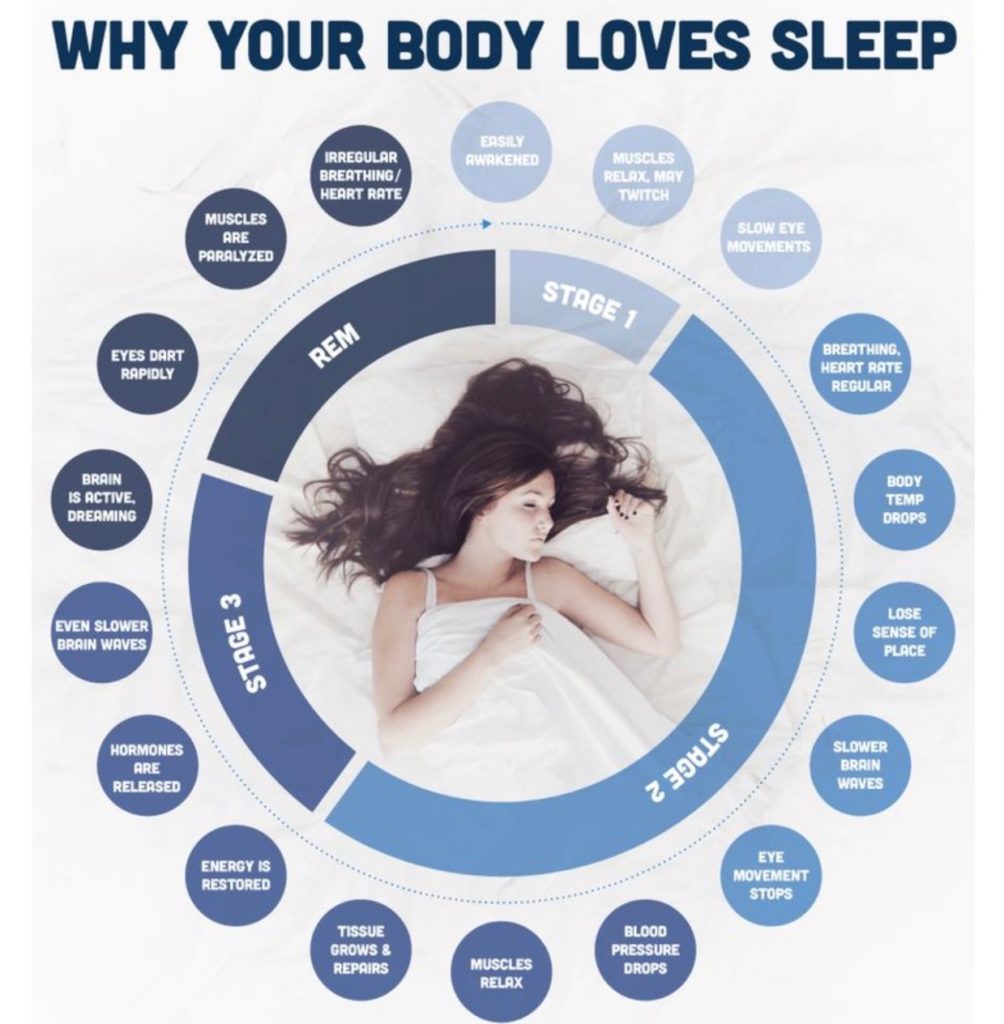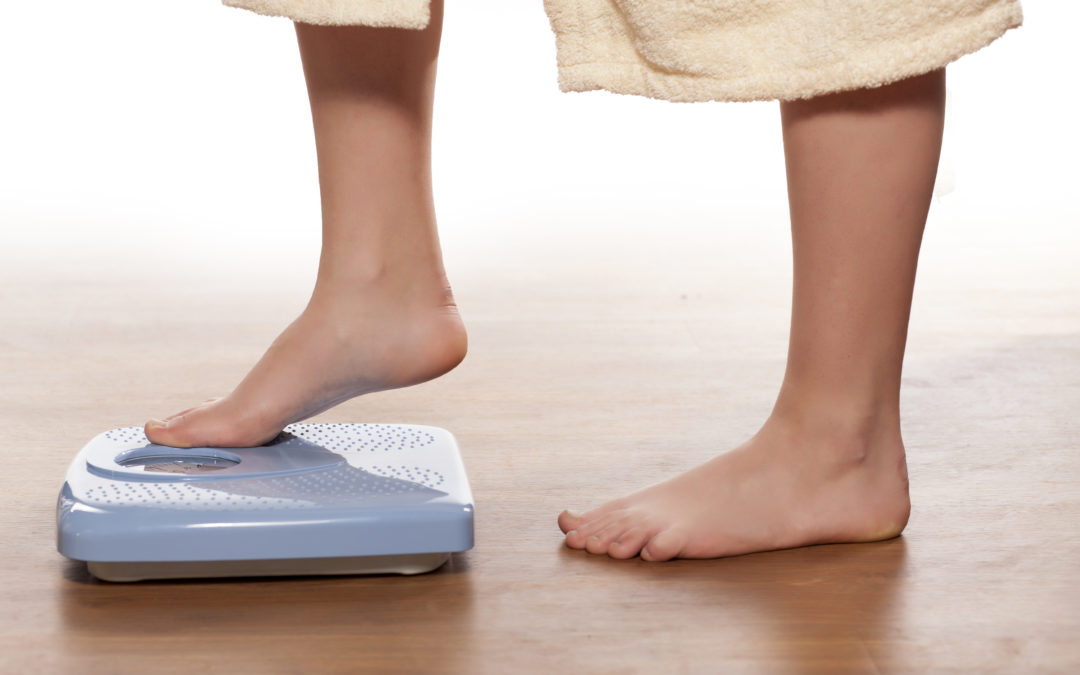
To Weigh or Not To Weigh…
What the numbers on the bathroom scale really mean.
We all know the frustration of working hard to maintain a healthy body weight, only to step on the bathroom scale and see the numbers going in the wrong direction – or not quickly enough in the right direction!
Here are 6 truths about those annoyingly normal daily weight fluctuations:
1| Scale weight is not a true measurement of your health. It is simply one of many variables you should be taking into account to determine if you are approaching or maintaining your optimal body weight.
2| When you wake up after fasting – usually for around 12 hours, you’re completely dehydrated and at your lowest weight of the day. This is why it’s recommended to weigh yourself first thing in the morning after you’ve voided, and before you eat or drink anything.
3| Speaking of voiding… you can experience daily weight fluctuations of 1-3+ lbs. due to waste that could be lingering in your large colon.
Be sure to keep the bowels moving with plenty of fluids, plant-based fibre and targeted supplementation, if necessary.
4| Your scale doesn’t just weigh fat. It weighs muscle, bone, organs, water, and as you just learned – poop!
When you lose weight, it doesn’t necessarily mean that you’ve lost body fat as the average bathroom scale has no way of telling you what bodily tissues you’ve lost. Weighing “skinny” on the scale does not always translate into healthy off the scale.
FACT: The more muscle you have the more energy your body burns, even when you’re just sitting around – due to the fact that it’s a metabolically active tissue. That’s one reason why a fit, active person is generally able to eat more than say the chronic dieter who is unknowingly breaking down and losing muscle.
5| Likewise, the scale can’t tell if you’ve gained muscle. Building muscle makes it possible to drop clothing sizes (and lose inches) without a significant change, if any, in scale weight.
THINK OF IT LIKE THIS: a pound of muscle is like a small, compact brick, whereas a pound of fat is like a bulky, lumpy pillow. So that’s why when you gain muscle and lose fat, your figure appears slimmer and more firm – but your scale weight may not change much.
6| For all the ladies out there…it’s not you, it’s your HORMONES!
Some women can gain up to 10 lbs. right before or during their period. This is because of the natural drop in Progesterone just before your period often causes digestive issues like water retention and constipation. And, let’s not forget how heavy poop can be!
Our bodies also tend to lose Magnesium in the days before menstruation, which drives our Insulin levels up leading to an increase in food cravings – especially for sugar.
Insulin is a hormone made by the pancreas that keeps blood sugar levels in check but is also considered a fat storage hormone.
THE BOTTOM LINE: these yo-yoing numbers have nothing to do with your long-term progress and they are just part of the overall health optimization journey.
Simply do your best to maintain an overall healthy lifestyle and understand that daily weight fluctuations are completely normal!
“The scale can only give you a numerical reflection of your relationship with gravity. That’s it.
It cannot measure beauty, talent, purpose, life force, possibility, strength or love.”
— Steve Maraboli
Oil of the Week – Spearmint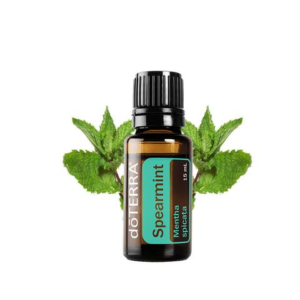
As a milder alternative to other mint essential oils, Spearmint is gentle enough to use topically or while cooking, without losing any of its freshness.
Spearmint is a perennial plant that grows 11-40 inches tall and flourishes in temperate climates. It is widely used in gums, candies, and dental products for its minty taste, and to promote fresh breath. Spearmint has been used for centuries for its digestive benefits.
Its sweet, refreshing aroma is cleansing and uplifting, making it ideal to evoke a sense of focus and a positive mood. Spearmint is very different from Peppermint, making it a milder option to use on children and those with sensitive skin. In cooking, Spearmint is frequently used in salads, drinks, and desserts, but it can also be used in homemade salad dressings and to marinate meats.
Here is my direct website if you are interested or just want to take a peek. Please reach out if you have ANY questions.
Thanks for reading and keep well,
Tara
P.S. Full disclosure: If you order directly from the link I provided, as an Independent Wellness Advocate with doTERRA, I will receive compensation from any purchase.
